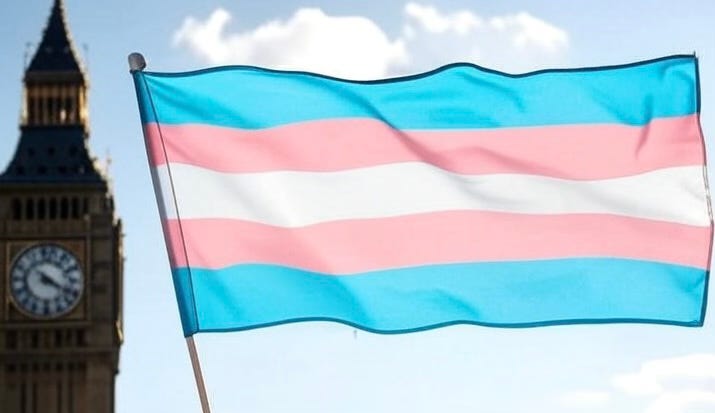England to Launch Large Observational Study Of Gender-Incongruent Kids
The 6-year study, which plans to recruit 3,000 gender-incongruent youths, is expected to be complemented by a study of puberty blockers—one that has yet to receive regulatory and ethics approvals.
England’s National Health Service will soon launch what it hopes will be the world’s largest observational study of children with gender incongruence. The study, which has just received the requisite regulatory and ethics-board approvals from the NHS, is slated to recruit 3,000 minors and follow them for the next six years.
The plan is to provide the young people with routine surveys and to track their emotional and physical well-being over time as they receive care from the NHS’s new system for treating gender-incongruent children. The NHS hopes the study will yield important new insights about how best to care for a cohort of youths whose psychiatric profiles are often extraordinarily complex.
The study, called PATHWAYS Horizon, is slated to be the largest of a four-pronged study. The other three PATHWAYS arms, including a much-anticipated trial examining the impacts of puberty blockers among minors, are still pending approval.
Critics have suggested that the $13.9 million…
Keep reading with a 7-day free trial
Subscribe to Hazard Ratio: Benjamin Ryan to keep reading this post and get 7 days of free access to the full post archives.


